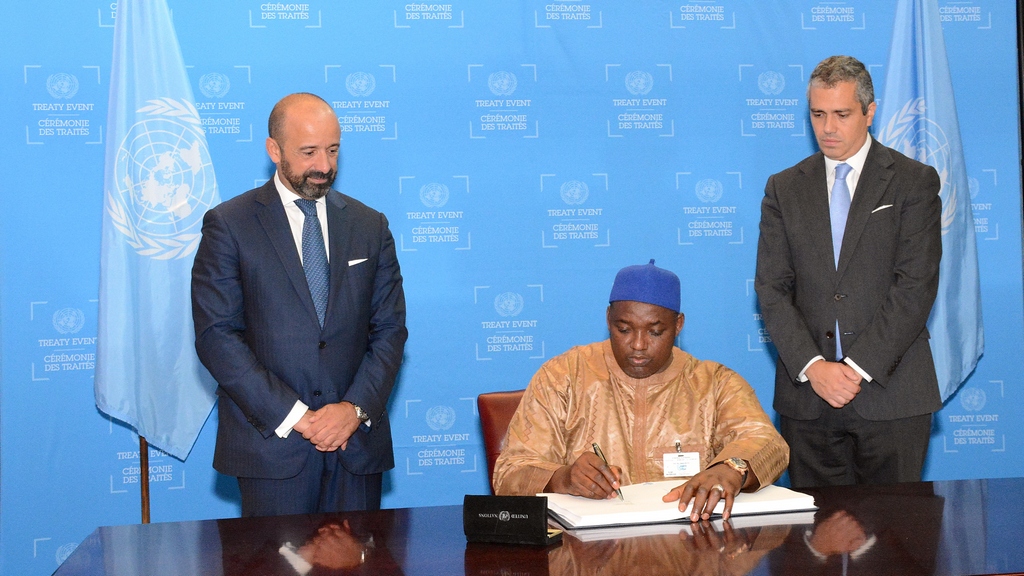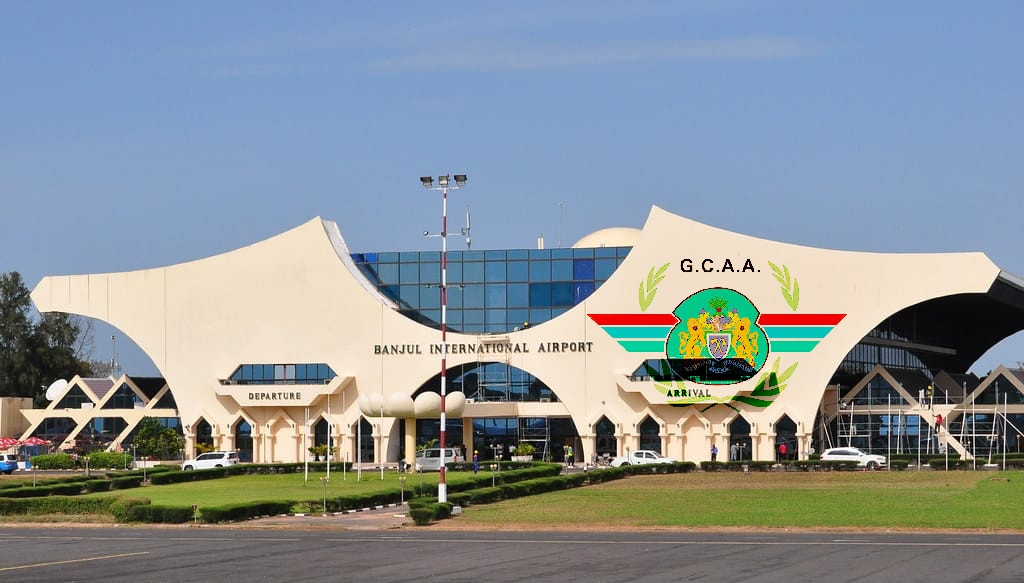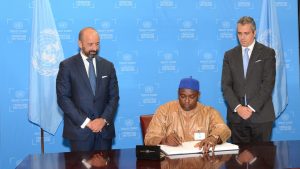Gambiaj.com – (BANJUL, The Gambia) – The National Audit Office (NAO) has raised concerns over a substantial D63 million expenditure on travels and overseas training at the Gambia Civil Aviation Authority (GCAA). This issue was highlighted in the NAO’s 2021 Performance Audit report on the GCAA.
The NAO reported significant budget overruns within the GCAA administration, with deviations ranging from D28 million to D76 million during the audited period. The GCAA management acknowledged the budgetary challenges, particularly in 2018 and 2019.
“The Director of Finance attributed budget overruns to the adverse foreign exchange rates for the Gambian dalasi against major international currencies,” the NAO noted. However, the audit revealed that the total budget overruns for travel and overseas training in 2019 amounted to D63 million, while in 2022, it decreased to D15 million.
This finding contradicted the Finance Director’s explanation that foreign exchange fluctuations were the primary cause of the overruns.
The audit report highlighted that although the GCAA produced quarterly management reports to compare actual spending with budgeted amounts, these reports failed to explain the discrepancies. As a result, GCAA management lacked a clear understanding of the reasons behind the budget overruns and could not implement effective corrective measures.
The budget overruns contributed to the GCAA incurring losses.
“The GCAA incurred a loss of D38 million in 2019, which included the D63 million budget overrun on travel and overseas training. If these budgets had been executed effectively, a profit of D25 million could have been realized,” the report stated.
The NAO recommended that the GCAA Director General exercise tighter control over discretionary expenditures such as travel and training to prevent significant budget excesses.
Additionally, the Finance Department was advised to investigate and report on the reasons for significant variances to enhance accountability and learning.
In response, the GCAA management acknowledged the NAO’s conclusions and noted that cost control measures had been introduced, particularly following the advent of COVID-19.
These measures, they reported, continue to be adhered to. However, the management argued that the budgetary variations were due to unplanned spending necessitated by urgent operational and safety deficiencies.
“To ensure the safe and continuous operations of Banjul International Airport, the GCAA had to urgently address deficiencies identified during safety assessments, such as sending over 45 personnel for specialized firefighting training in Douala, Cameroon, and engineers to the USA for fire truck maintenance training,” the GCAA stated.
Despite these explanations, the auditors expressed concern over the management’s rationale for budget overruns. “It is concerning that management attributed budget overruns to financing unplanned activities due to urgent operational and safety deficiencies.
This raises questions about how the GCAA identifies activities for budgeting,” the auditors argued.
The NAO concluded that incorporating detailed reporting on budget variances could provide real-time information to management and the board, helping them understand why actual spending diverges from the budgeted amounts and enabling more effective financial management.










